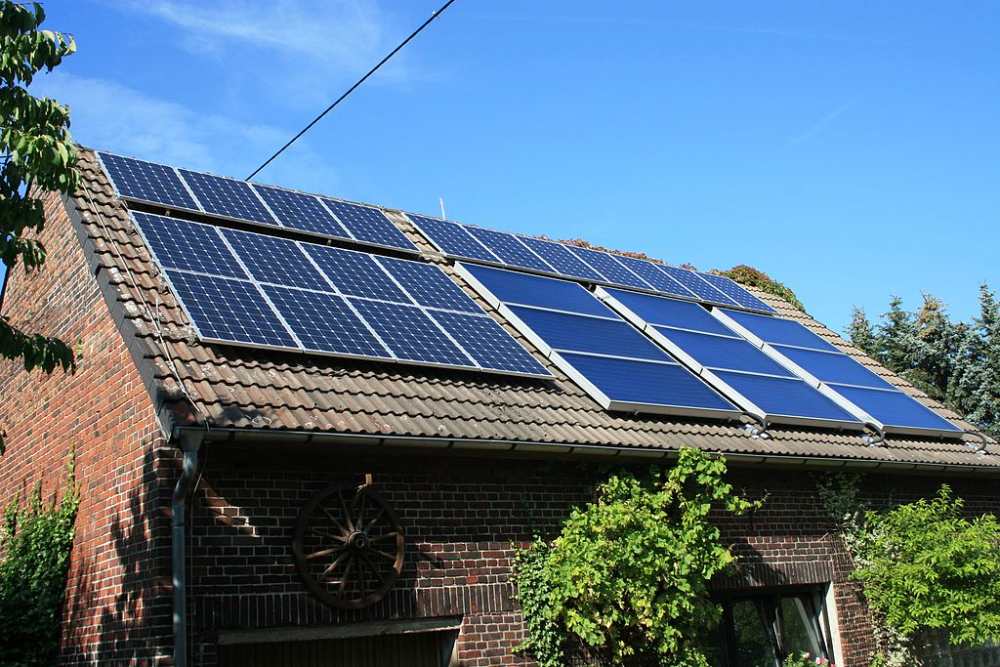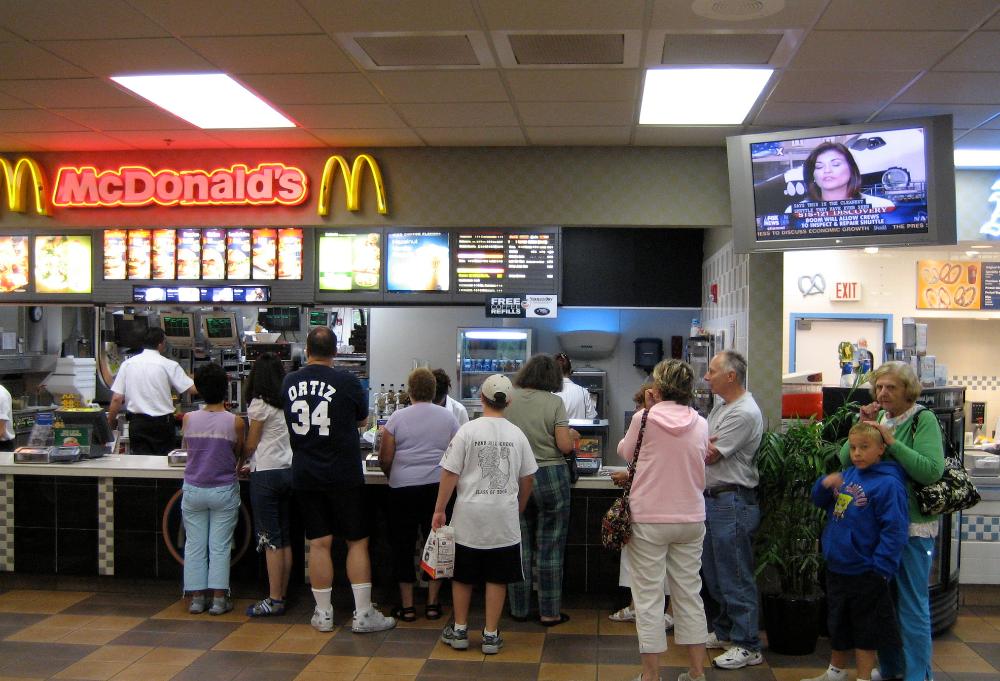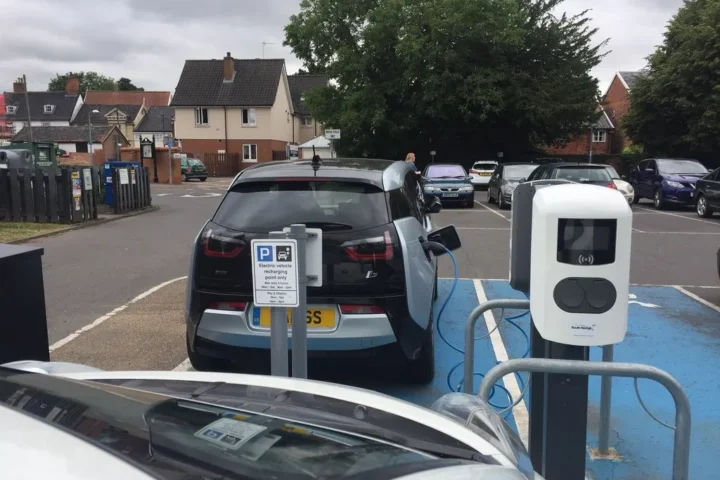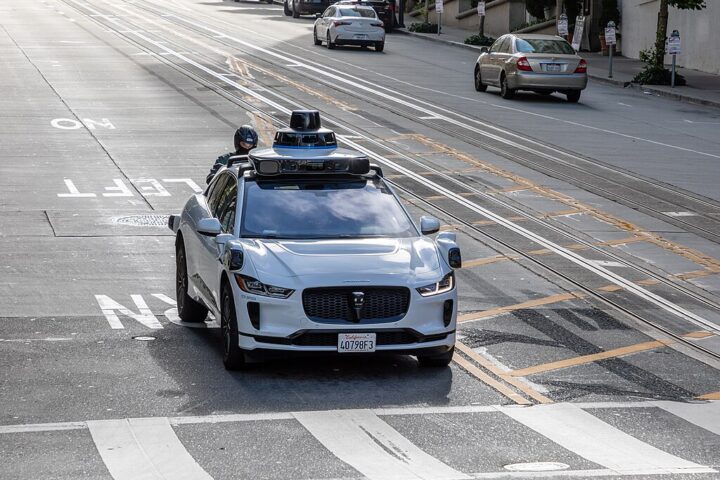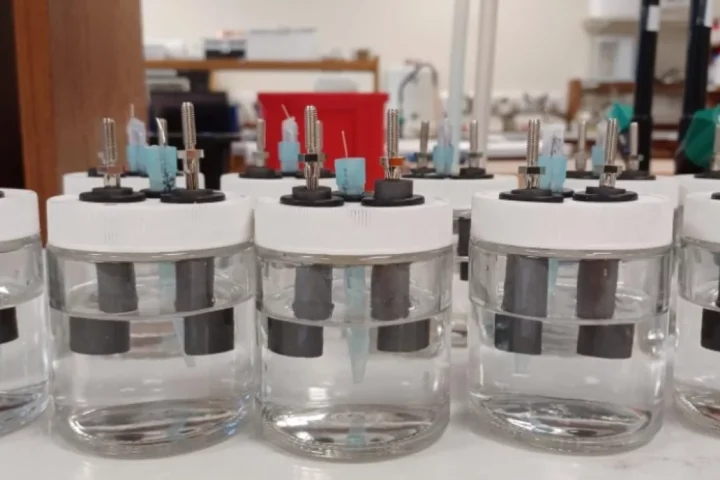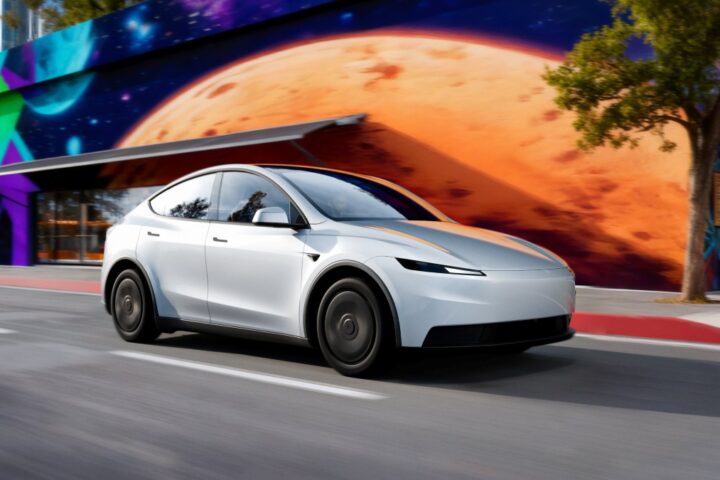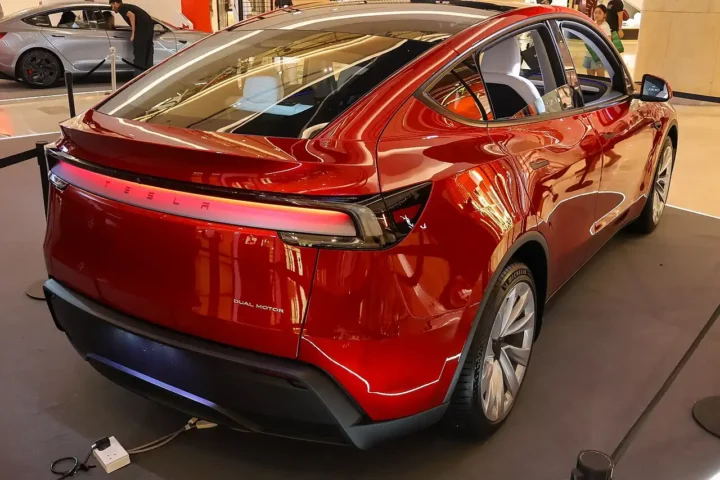Germany’s solar industry is pushing back against proposed cuts to rooftop solar subsidies that have been the backbone of the country’s renewable energy growth for 25 years.
Economy Minister Katherina Reiche sparked controversy when she suggested ending subsidies for new small rooftop solar systems, claiming they “are already profitable in the market today and don’t require any subsidies.” The minister also proposed that system operators should help pay for the grid upgrades needed to handle growing solar power.
Industry leaders quickly warned these changes could derail Germany’s climate goals. Carsten Körnig, head of the German solar industry federation, said the subsidies provide crucial security for banks that finance installations. Without them, he estimates only four in ten customers would still purchase home solar systems.
“The subsidy is already clearly paying off for society as a whole,” Körnig told Reuters.
The debate comes at a critical time. Germany aims to get 80% of its electricity from renewable sources by 2030, making rooftop solar capacity essential. But Europe’s largest economy faces headwinds after two straight years of economic contraction, putting pressure on government finances as it juggles defense spending, industrial revival, and infrastructure renewal.
The timing is particularly bad for the solar sector, which already faces slowing demand due to rising interest rates and economic uncertainty.
Critics point out that the proposal contradicts policies agreed between Reiche’s conservative CDU party and its governing partner, the Social Democrats (SPD).
Similar Posts
“We agreed in the coalition agreement that we want to make private households the actors in their own energy supply,” said Nina Scheer, the SPD’s energy policy spokesperson. “We now need progress in the expansion of storage and not uncertainty.”
The subsidy system was recently updated on August 1, 2025, with feed-in tariffs for small rooftop systems up to 10 kW receiving up to €0.1247/kWh for full feed-in to the grid. The rates decrease gradually for larger systems, with the regular reduction set at 1% every six months under Germany’s Renewable Energy Sources Act.
Reiche’s ministry has since clarified there are “no plans” to completely abolish subsidies for small-scale household solar installations, emphasizing that renewables “are still urgently needed” but should take on “more system responsibility.”
The debate has already drawn wider criticism. Deputy Green Party chair Sven Giegold warned: “If the incentives for feeding into the grid are removed, roofs will no longer be covered with PV modules.”
Berlin-based renewable energy firm Enpal stressed that a “reliable regulatory framework” is essential as Germany works toward its clean energy targets.
